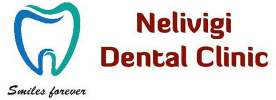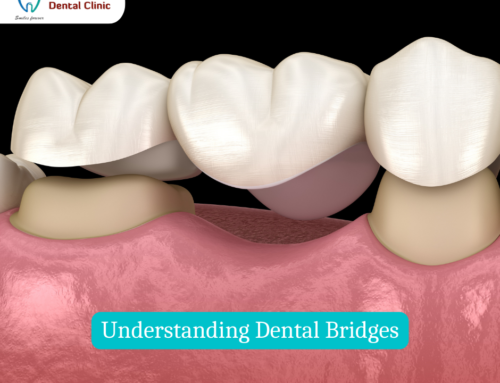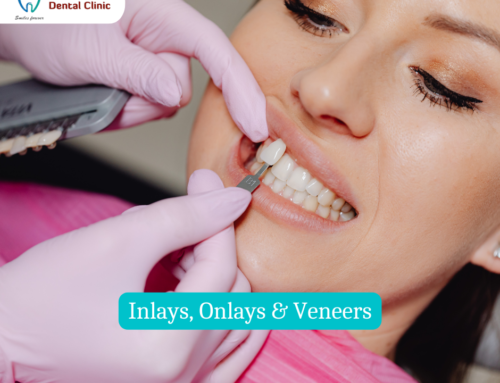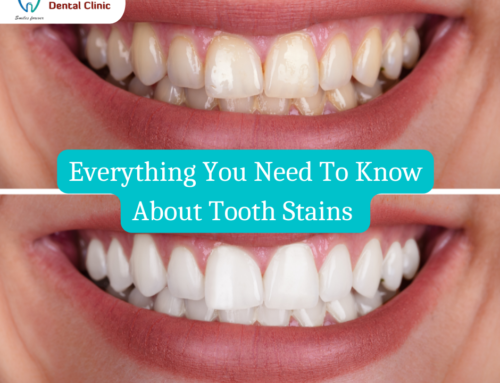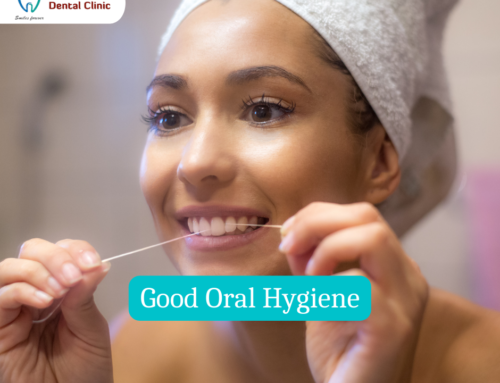Dental Clinic Near Me | Nelivigi Dental Clinic

Sterilization in Dentistry
Sterilization is the process of killing all microorganisms like bacteria, algae, fungi, and spores from the surface of any instruments.
A good or sound sterilization practice not only protects the patient but also all the staff who are in the dental team from getting infected or transferring the infection from one person to another. In the medical field, all instruments cannot be disposed off with a single-use. They need to be treated to remove all microorganisms so that they are like new instruments every time you use it on a patient. This process requires you to sterilize the instruments.
The instruments can be divided into critical, semi-critical and non-critical instruments.
- Critical instruments are those which penetrate the soft tissue or bone and are most prone to transmit diseases if not sterilized.
Ex. BP Knife, scissors, burs, etc.,
- Semi-critical instruments are those that contact oral fluid or saliva but do not penetrate into the tissues to cause bleeding.
Ex. Mouth mirror, explorer, probe, etc.,
- The non-critical instruments do not contact the oral fluids or tissues and are used to work outside the patient’s mouth.
Ex. Tweezer, orthodontic wire bending pliers, etc.,
Hence sterilization of the instruments also varies on the type of instrument.
Methods of sterilization
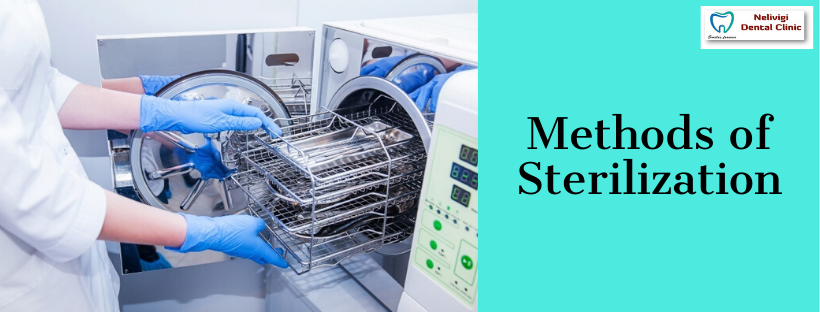
Method of sterilization in Dental Clinic Near Me
There are various methods of sterilization. In brief, they can be
- Steam sterilization
- Dry heat sterilization
- Chemical sterilization or cold sterilization
- Vapour sterilization
- Chemical Vapor Sterilization
1. Steam Sterilization or Autoclaving: The most common sterilization process used in dentistry is steam autoclave. This is an instrument like a pressure cooker. Water in the autoclave boils at a temperature as high at 121-degree centigrade under a pressure of 15 pounds for a period of 15-20 mins. The instruments are washed, dried and sealed in sterilization pouches. These pouches are subjected to the autoclave process and the instruments are thus sterilized.
2. Dry heat sterilization uses high temperatures over extended periods of time to kill bacterial spores and microorganisms from objects. Objects that cannot get wet or cannot sustain high temperatures without changing their properties like glassware, oils, powder, metal instruments, and paper-wrapped items can be sterilized by the use of dry heat.
There are instruments like glass bead sterilizer, where the glass beads get heated to a high tempt and instrument tips and endodontic files can be kept dipped in them to sterilize.
3. Cold sterilization Chemicals like glutaraldehydes, peracetic acid, and hydrogen peroxide-based solutions are some of the approved solutions for chemical sterilization. Some of the semi-critical items which are reusable are immersed in these solutions for a recommended period of time to achieve sterilization of instruments.
Some of the instruments can be left in these chemicals overnight to be used the next day and some for a few hours as indicated by the manufacturer.
4. Vapour sterilization involves heating a chemical solution, primarily alcohol with 0.23% formaldehyde, in a closed pressurized chamber. The advantage of this procedure is that since steam is not used there may be less corrosion of instruments expected.
5. Chemical Vapor Sterilization. This process uses a mixture of chemicals, including alcohol, formaldehyde, ketone, acetone, and water, that are heated under pressure to form a sterilizing gas.
Our dental setup at Nelivigi dental clinic the Best Dental Clinic Near Me uses these sterilization methods to sterilize all instruments and make them 100% safe for reuse. The surface of the dental chair and other areas of contact are also scrubbed with disinfectants after every patient in order to maintain hygiene. Disposable drapes, suction tips, BP blades, syringes, and paper cups are used to maintain the maximum sterile atmosphere. We have come a long way in sterilization, as Nelivigi eye hospital is NABH accredited and Nelivigi dental clinic is associated with them and maintains the same standards.
